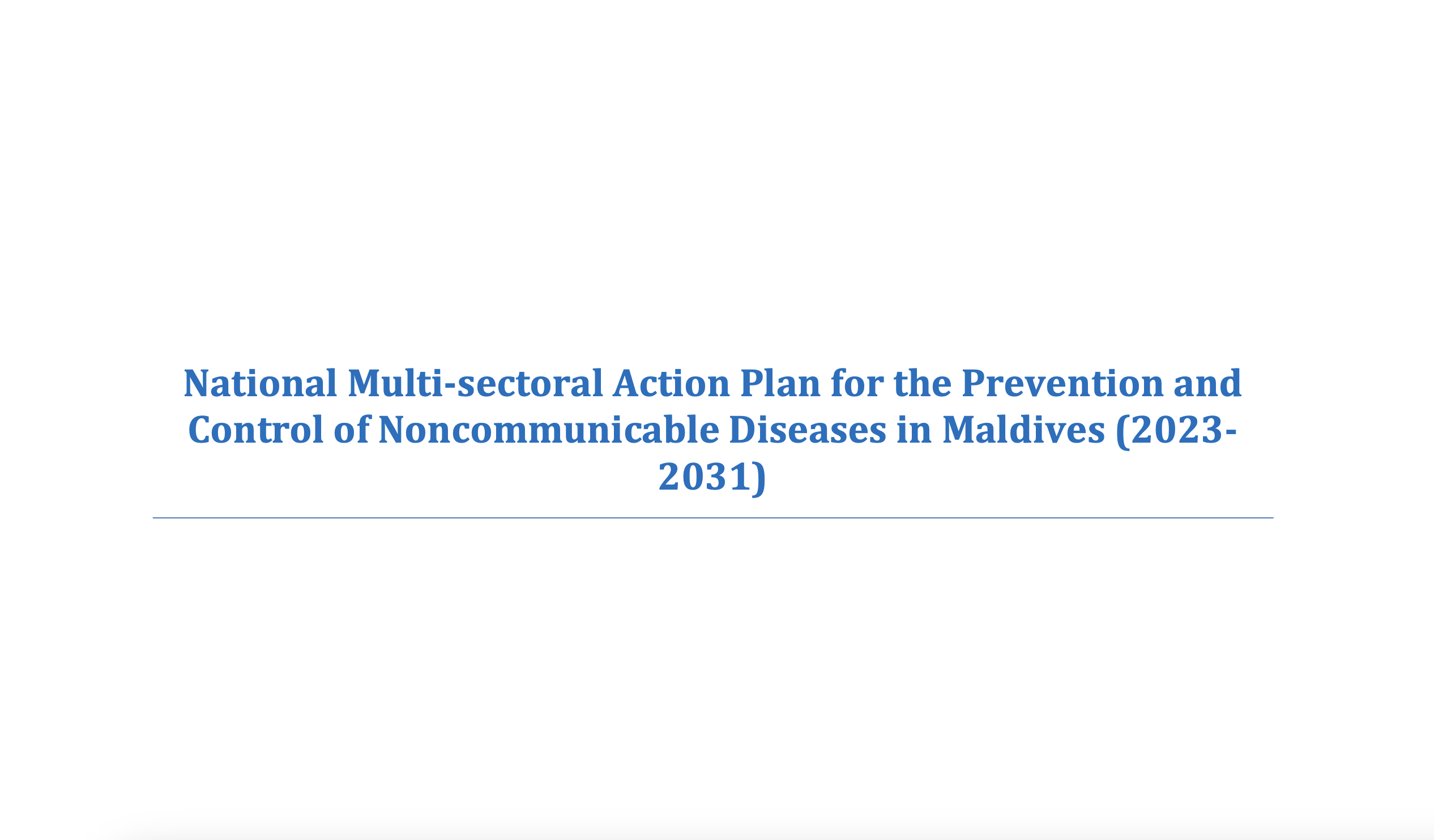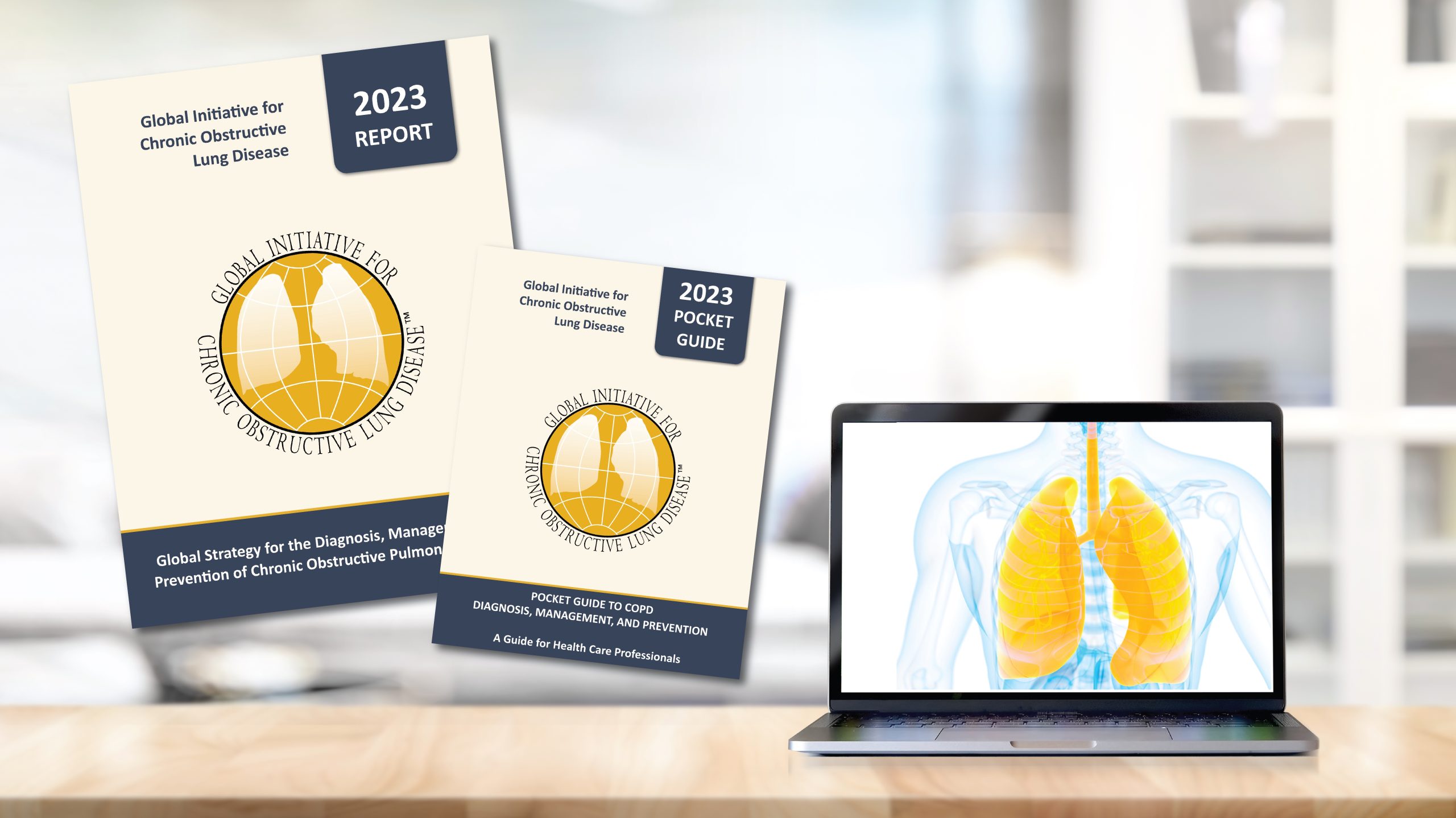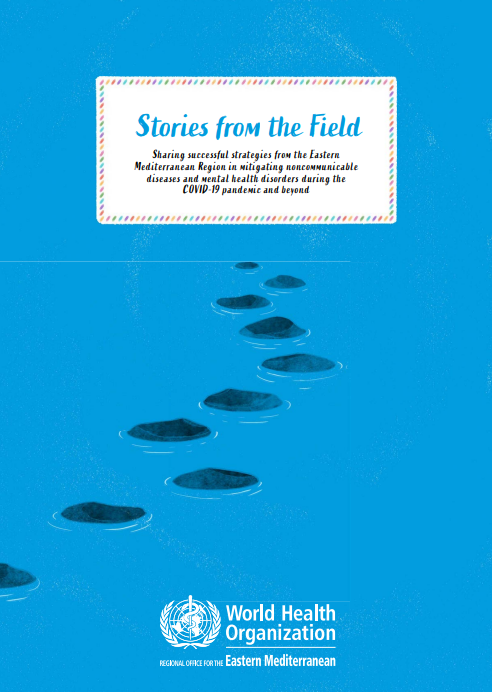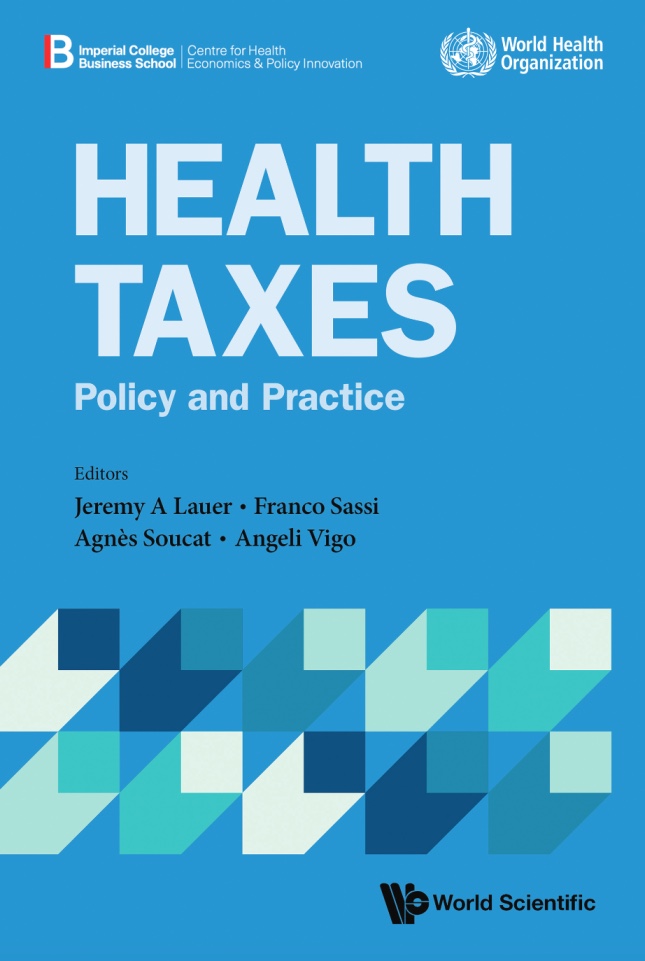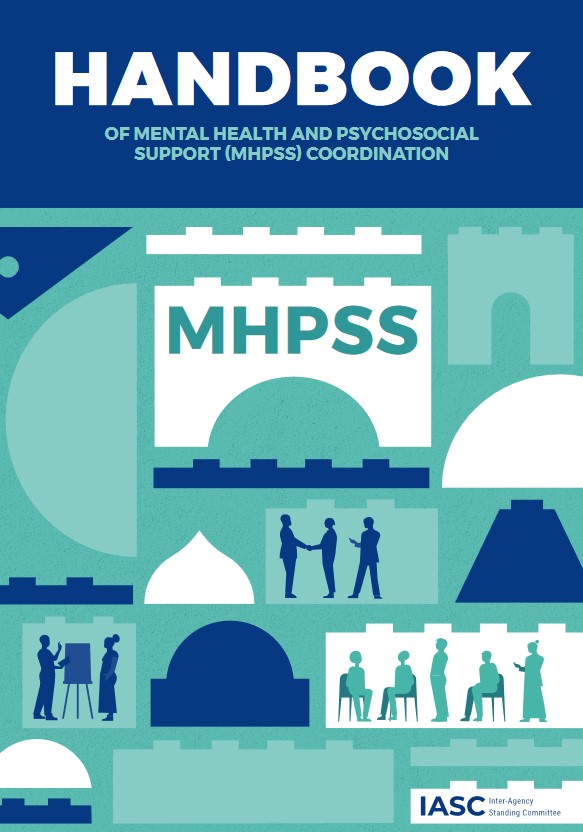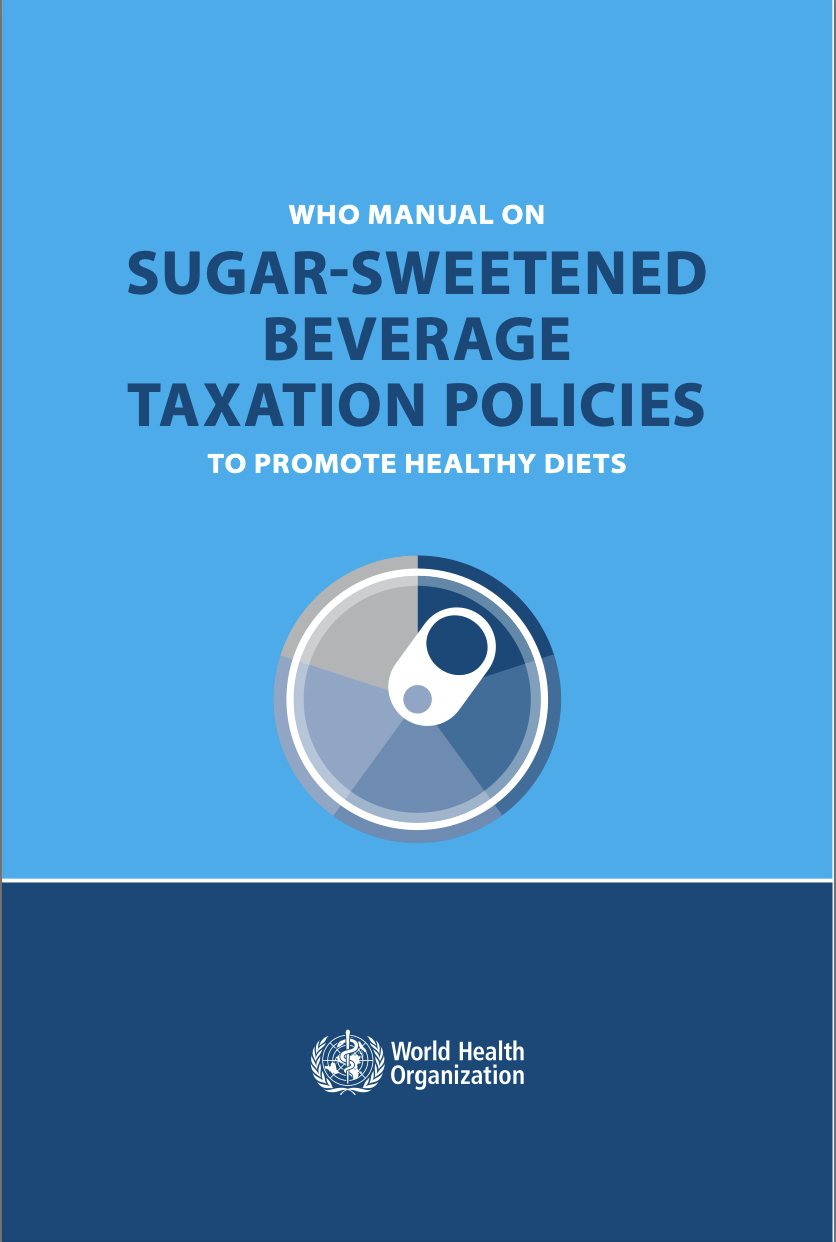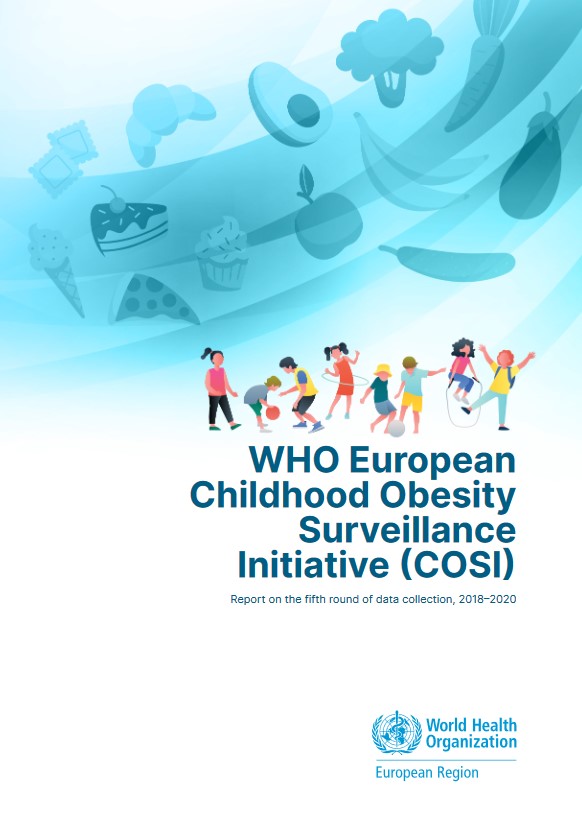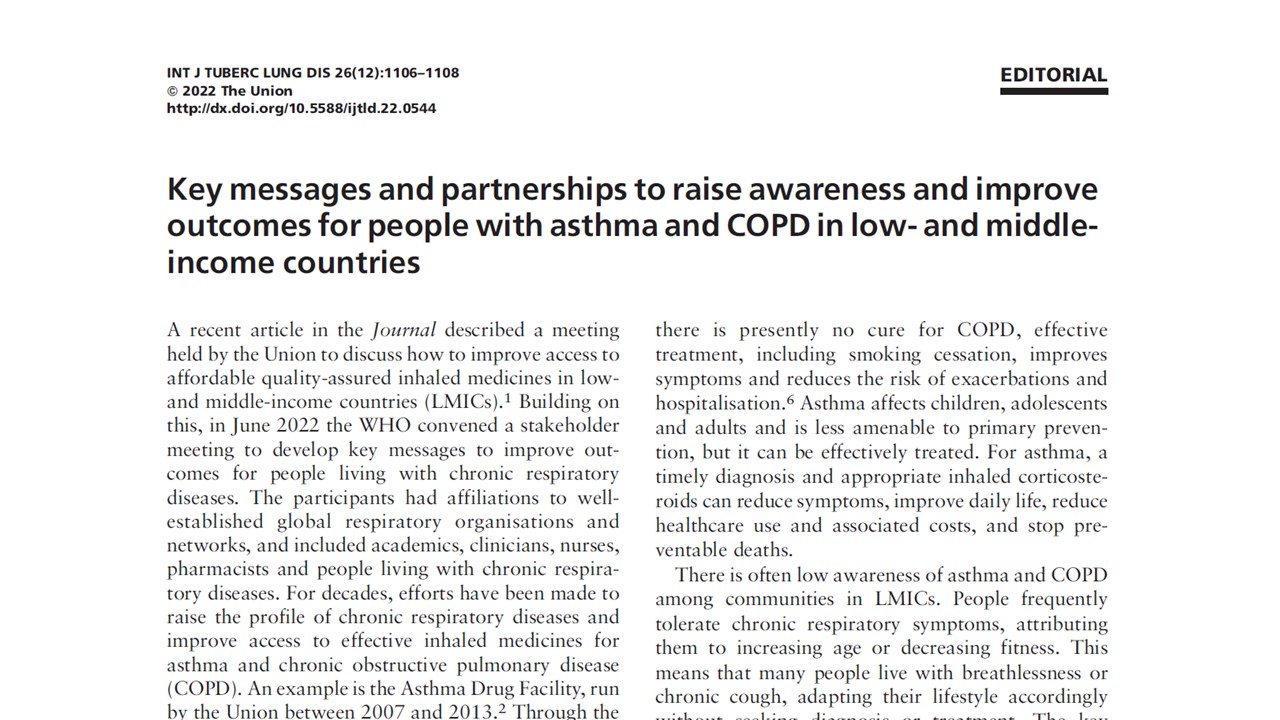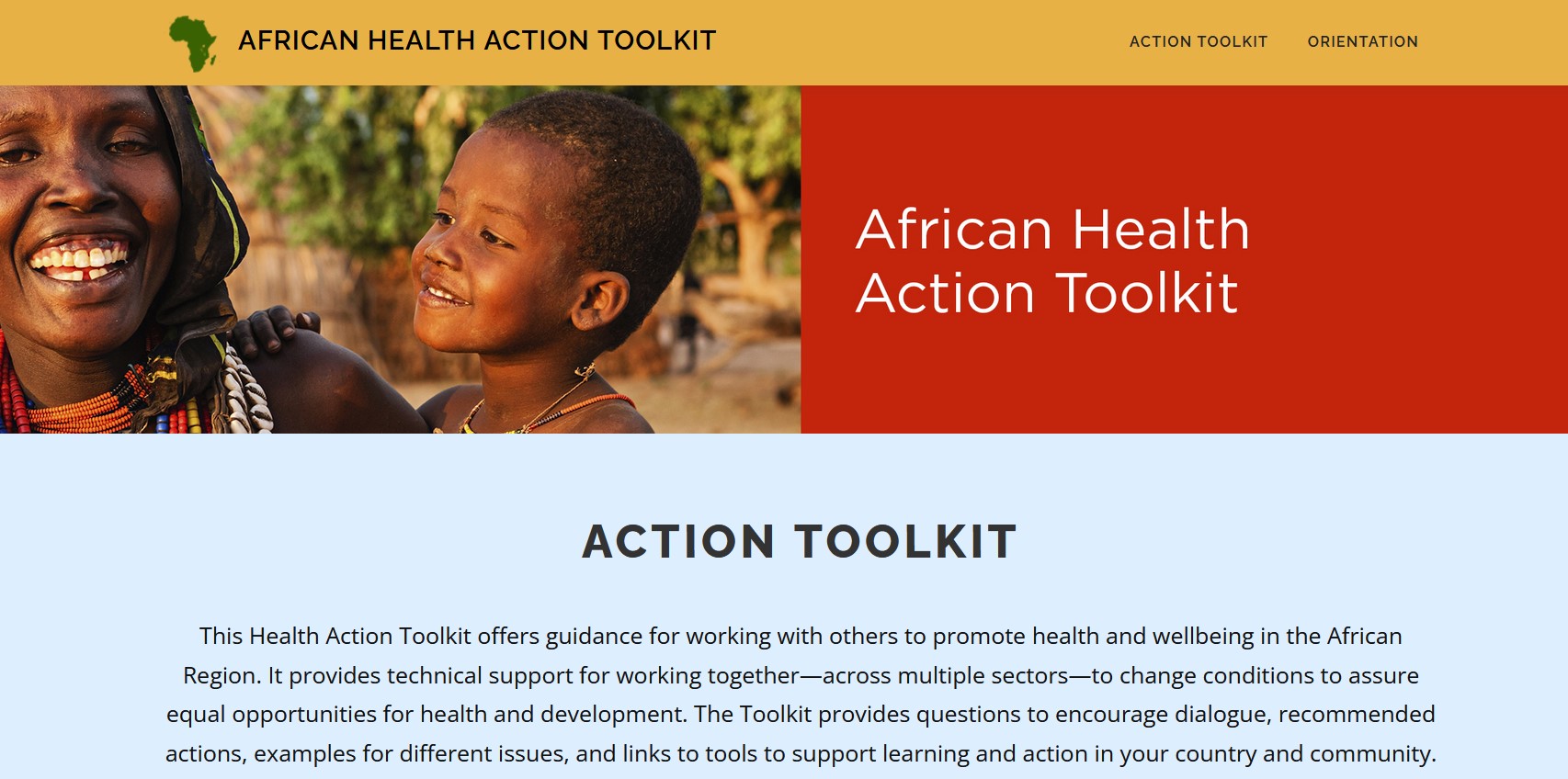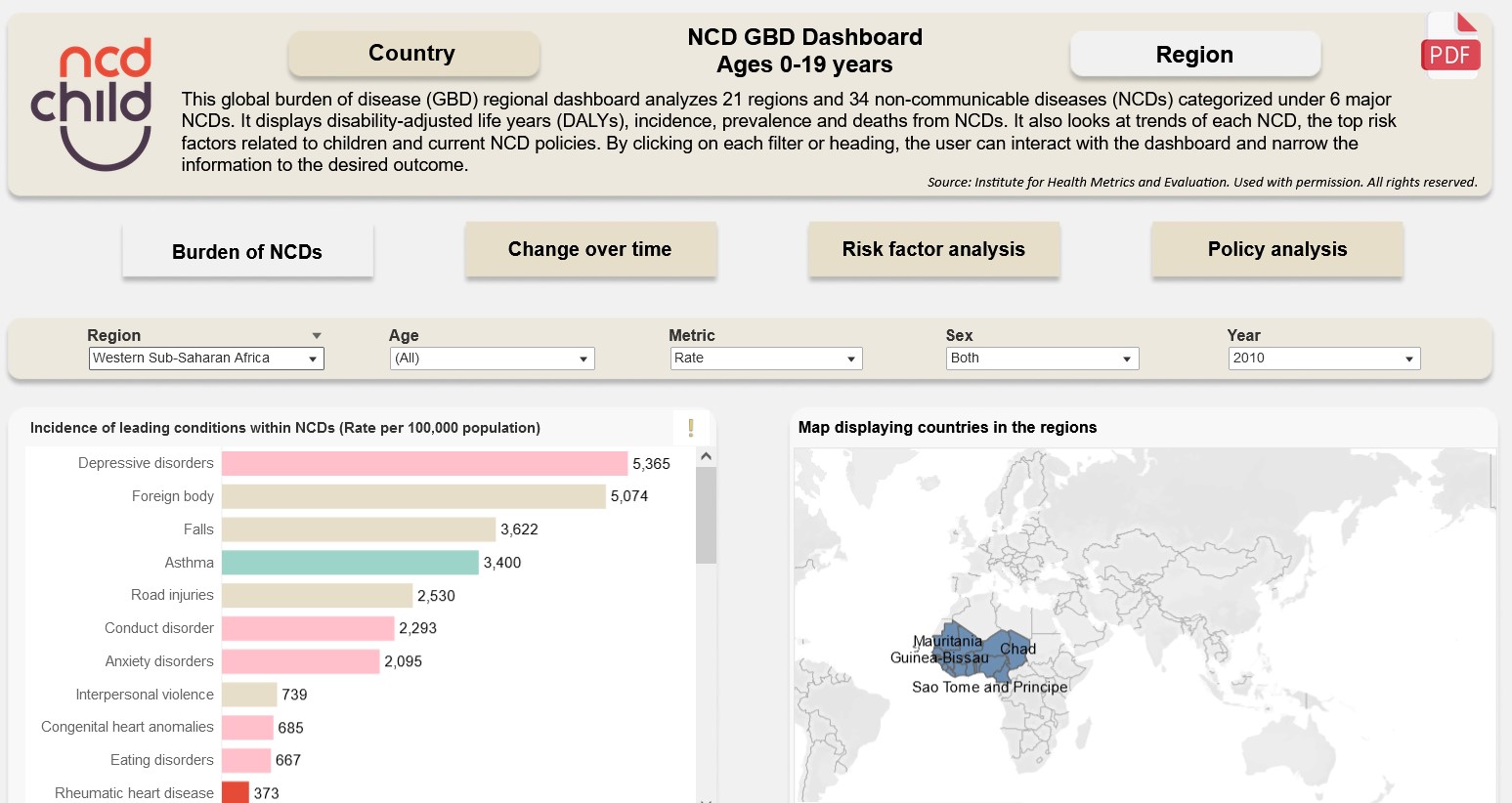Ministry of Health Maldives
National Multi-sectoral Action Plan for the Prevention and Control of Noncommunicable Diseases in Maldives (2023- 2031)
Strategy document
11 Jan 2023
This action plan is the result of extensive collaboration and consultation with various stakeholders, including healthcare professionals, policymakers, civil society organizations, and the community. It outlines a strategic framework that will guide...

